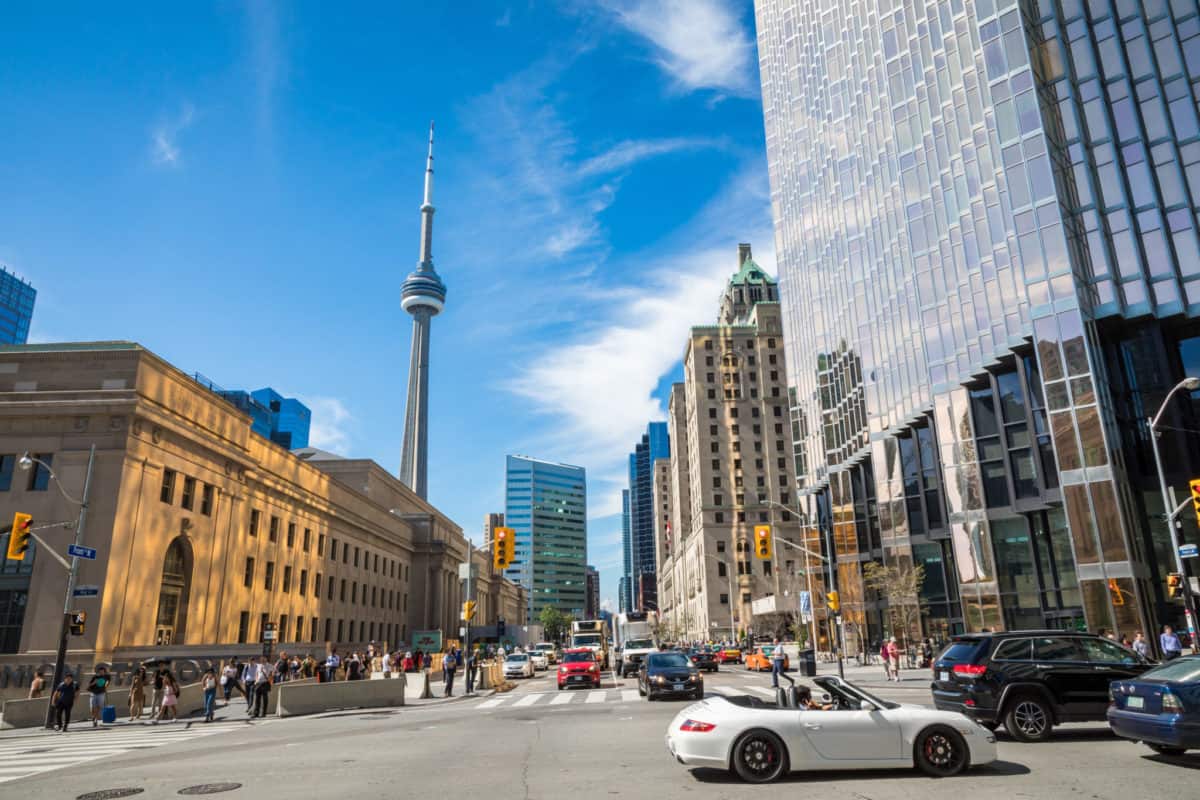Canadian cities are a better bang for the buck than many of the rest of the world’s metropolises, reveals an annual survey conducted by a leading, American asset management firm.
The most expensive big city in Canada, Vancouver, is ranked 93rd in the Mercer 2021 Cost of Living City Ranking report, far below 14th place New York City or Los Angeles in the 20th spot.
Canada’s ongoing affordability and progressive immigration policies put it in good stead to attract a growing share of immigrant entrepreneurs through its Start-Up Visa program.
Even the leading American business magazine Forbes has warned Washington that Canada is doing a better job of attracting immigrant entrepreneurs and boosting its economy than is the United States.
Read More
COVID-19: Confirmed Permanent Residents Can Travel To Canada For First Time Since March 2020
Ottawa Okays Use of Indigenous Names on Passports of First Nations Peoples
International Students: Study In Canada At Some Of The World’s Best Universities
“While America has tried and failed to pass a start-up visa geared toward immigrant entrepreneurs for years, Canada is one of two dozen countries, including the U.K. and Singapore, that have launched the idea and are now wooing them,” wrote Forbes senior editor Amy Feldman earlier this year.
Canada’s Start-Up Visa Attracts Tech Entrepreneurs
“Canada’s Start-up Visa program began as a five-year pilot program in 2013, and was made permanent in 2018,” she wrote. “Since its launch, foreign entrepreneurs representing some 200 start-ups have become permanent residents there.
“Among its success stories: Edtech unicorn ApplyBoard, founded by brothers Martin, Massi and Meti Basiri, who moved from Iran to Canada for school, and who now employ more than 500 people.”
Most Expensive Cities
The most expensive city in the world for residents is currently Ashgabat in the Central Asian country of Turkmenistan on the shores of the Caspian Sea. The oil and natural gas-rich country is known for its white marble buildings and grandiose national monuments.
This year, Ashgabat beat out Hong Kong for the dubious distinction of being the most expensive city on Earth.
Beirut came in third.
“The Lebanese capital city climbed 42 positions in the ranking as a result of the political turmoil of the last few years,” states Mercer. “The COVID-19 pandemic and the Port of Beirut explosion have all amplified the economic effects, causing record-high inflation.”
Tokyo placed fourth and Zurich fifth in the Mercer ranking of pricey places.
Canadian cities, by comparison, seem like a bargain. Of the five Canadian cities listed in the ranking, Toronto ranked 98th, Montreal 129th, Calgary 145th and the nation’s capital, Ottawa, came in 156th.
That means that fully 74 per cent of the cities in the ranking were deemed to be less affordable than Ottawa.
Canada’s Capital More Affordable Than Washington, D.C.
The American capital, Washington, D.C., by comparison, came in at the 51st spot.
Mercer’s annual ranking of cities is based on its Cost of Living survey that includes more than 400 cities. Carried out twice every year, the survey is designed to help multinational companies and governments around the world determine compensation strategies for their expatriate employees.
The Cost of Living survey looks at more than 200 goods and services and considers such things as currency fluctuations, cost inflation and accommodation price instability in determining the cost of expatriate packages.
According to Mercer, cities throughout the world are increasingly in competition with one another to attract both residents and business.
“It is more necessary than ever for city leaders to have a clear understanding of how well they are doing to realize the goal of being competitive economically, socially, culturally and environmentally, for now and for the future,” the asset firm states on its website.
Affordability Matters For Companies Looking For Bases of Operation
During the COVID-19 pandemic, companies throughout the world sped up the pace of changes they were already making and rethought their strategies for managing their mobile workforces, notes Mercer.
In its 2020 Worldwide International Assignment Policies and Practices survey, Mercer reveals that high costs are among the main obstacles to mobility.
“Companies are looking for opportunities to replace traditional long-term assignments with alternative, less costly forms of mobility, such as one-way transfers, short-term assignments and internationally/locally hired foreigners,” notes Mercer. “They’re also trying out virtual assignments.”

